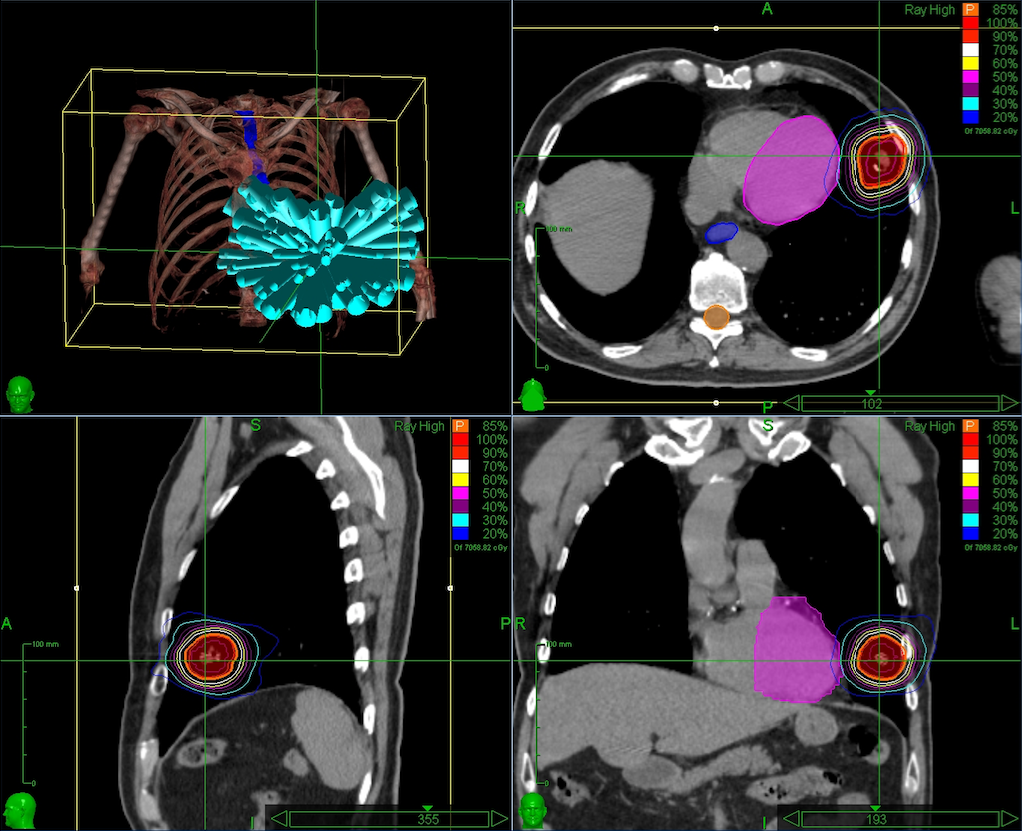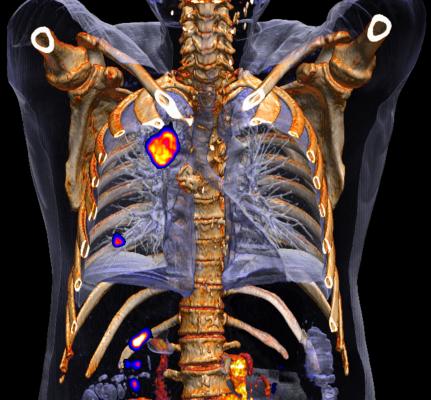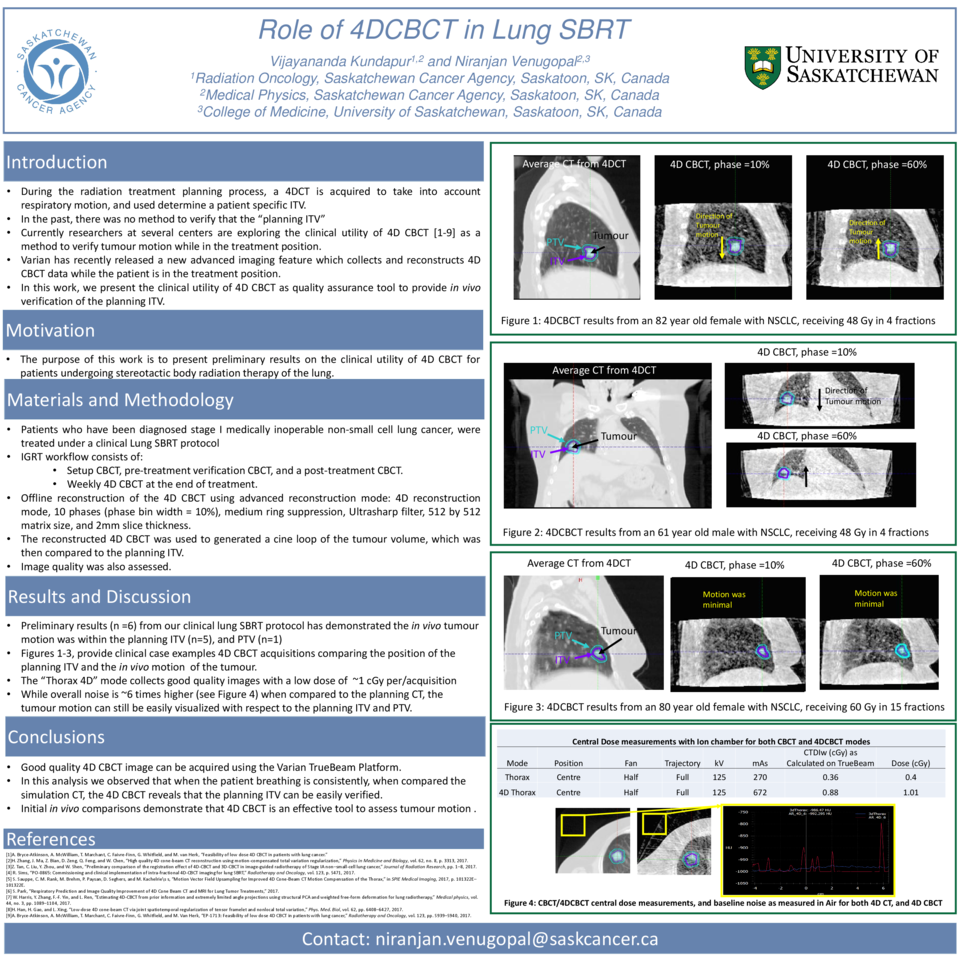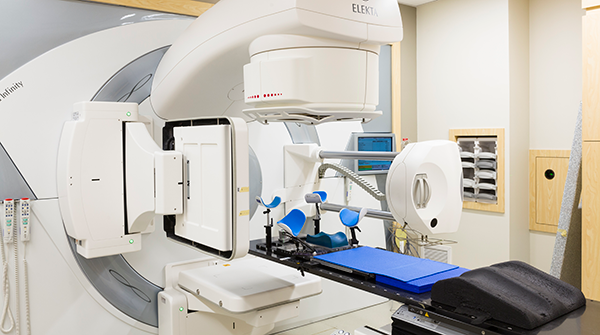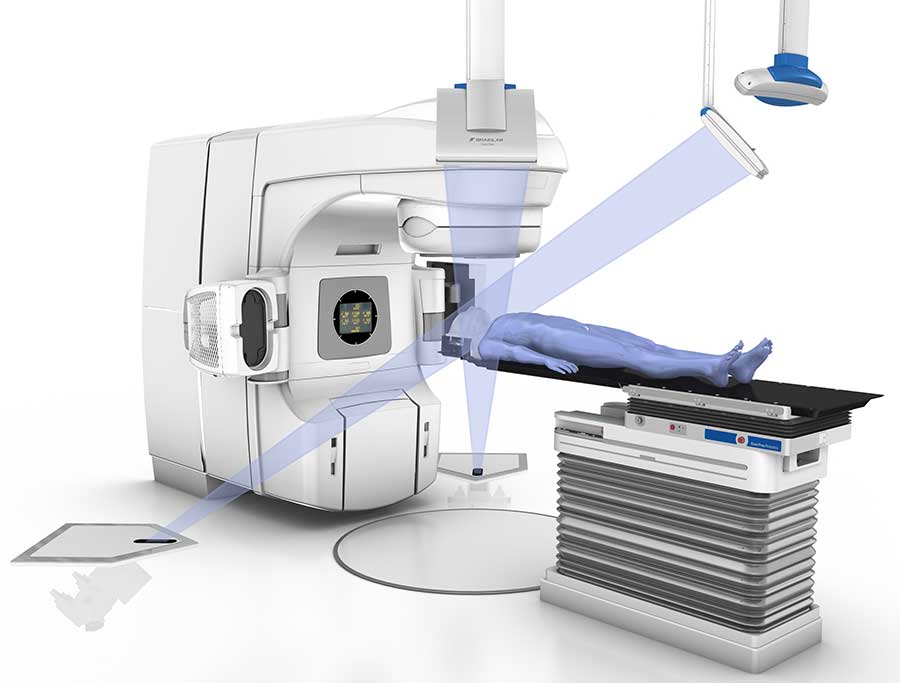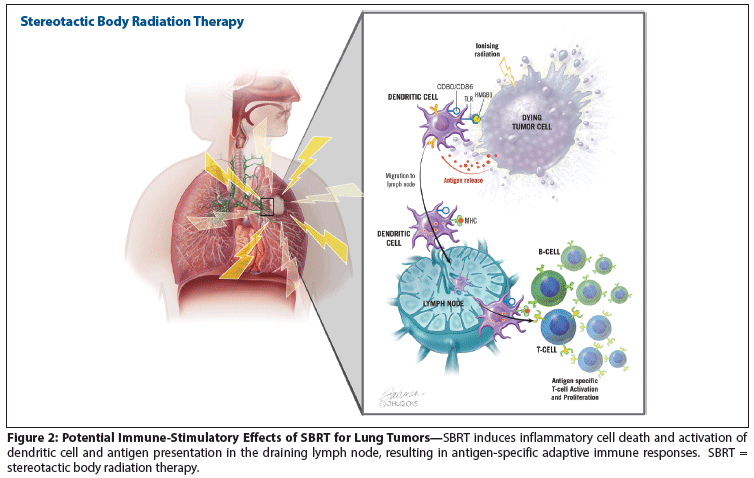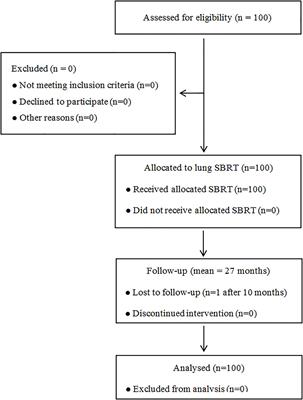Stereotactic body radiation therapy sbrt is a highly effective yet not well known or widely used treatment for early stage lung cancer says molly freeman c n p a nurse practitioner who specializes in radiation and thoracic oncology at the cleveland clinic.
Side effects of sbrt for lung cancer.
Delivers higher radiation doses to tumors which would not be possible with other radiation therapies.
Save time for activities you enjoy.
It is certainly the treatment modality of choice for patients who cannot undergo surgery to remove their tumors from either a medical or technical perspective.
These include the dose of radiation the number of treatments and your overall health.
Follow these tips to deal with side effects you may have.
Side effects of sbrt.
You might hear a few different terms for stereotactic radiotherapy which can be confusing.
Most radiation oncologists will not perform sbrt on tumors larger than 6 cm just over 2 inches in diameter.
With stereotactic body radiation the procedure.
There have been minimal side effects associated with stereotactic radiosurgery treatment for lung cancer.
The type and how severe they are depend on many things.
Stereotactic body radiation therapy sbrt.
Some people develop side effects from radiation therapy.
Usually you have between 1 and 8 treatments.
With sbrt only a small area of your body is exposed to radiation.
The most common side effect is fatigue.
The most common side effects of sbrt are.
Feeling tired redness like sunburn at the radiation site itchiness at the radiation site swelling at or near the radiat.
The most common side effects of stereotactic body radiotherapy sbrt are.
Plan them as part of your day.
It can be done but the chances for controlling a tumor decreases the larger a tumor is.
Redness like sunburn at the place on your body where you got the radiation.
Surgeons are often a little reluctant to perform sbrt on tumors located in the central part of the lung but will generally do so for tumors up to 4 cm 1 inches in.
In lung tumors there is convincing evidence from united states japan and europe that sbrt may be as effective as surgery for early stage lung cancer.
Preserving healthy tissue is important for many lung cancer patients who may be struggling with other conditions like emphysema.



